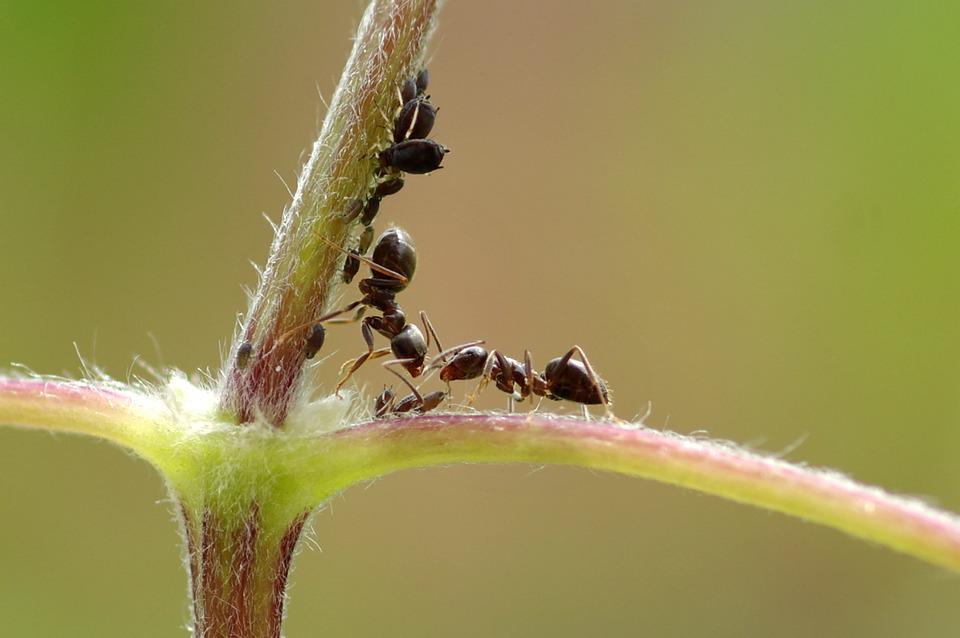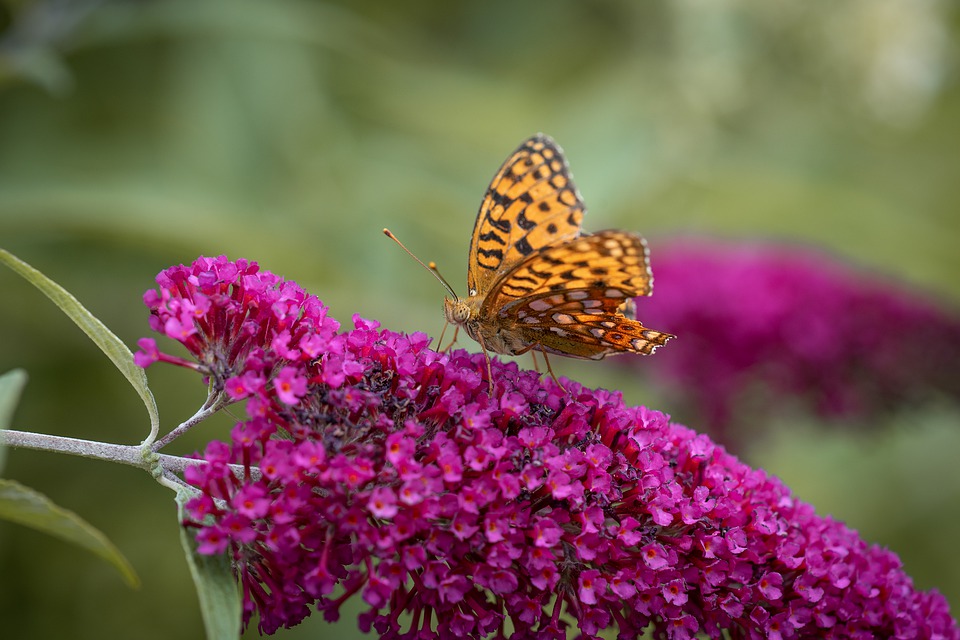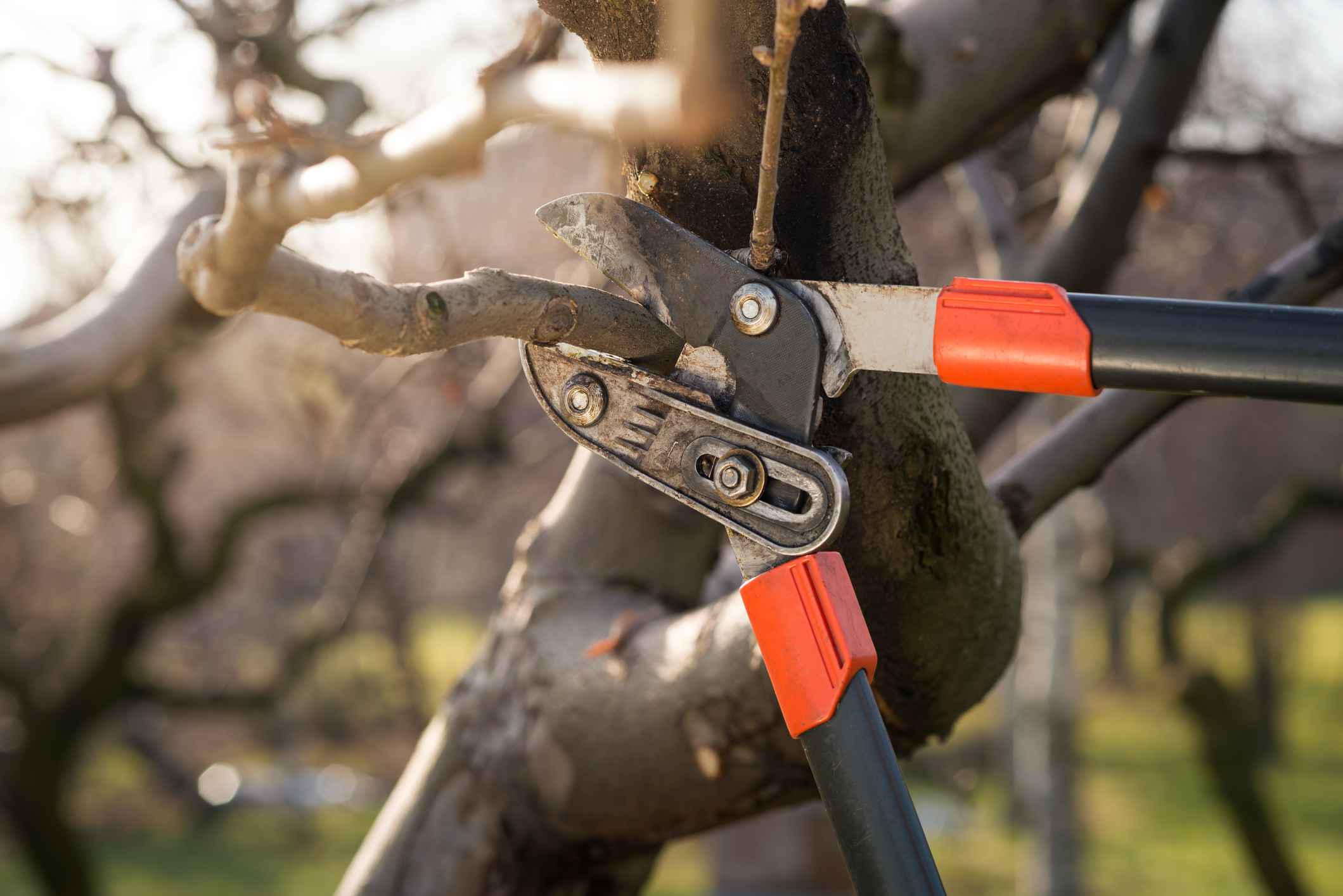Have you ever wanted a tidy space in your yard to grow garden flowers that will completely change the image of your home? Do you like to spend time tidying up your garden and caring for your chosen plants, and would you like to see them bloom? Then you need to know that many garden flowers need special care to prevent damage from pests and eliminate their risk.
Even the healthiest and most well-maintained garden can someday face various natural enemies that can damage the development of the flowers you have so thoughtfully planted. To combat this problem in gardening, here are some tips on how to deal with the main pests and how to prevent them from damaging the natural development of the flowers in your garden.
Major Garden Pests
1) Plant lice
Latin-named aphids, plant lice are pests of garden flowers and ornamental plants. They live by attaching themselves to leaves and shoots and sucking plant sap. In addition, aphids produce fertilizer, making them susceptible to various plant-specific diseases.
The main symptoms of a pest infestation on a garden flower that produces aphids are twisting the plant’s leaves and failing to open buds.
To control aphids on plants, hot water showers and insecticide sprays are recommended, depending on the degree of damage to the plant.

2) Mites
This garden flower pest primarily invades jasmine, orchids, and oleander but can also be found on the branches and trunks of garden plants.
The main symptom visible on the plant is the formation of circular shields on the leaves of garden flowers and tree branches. They are 2-3 mm in diameter and visible.
Mites attack garden flowers by puncturing them and feeding on their cellular fluids. When attacked in large numbers by these pests, you will see rapid drying of the plants.
To control the mites, specific insecticides must be used.

3) Red Spider Mite
This pest primarily attacks gladiolus, dahlias, peonies, and roses.
The red spider mite attacks garden flowers by stinging them and sucking their juices.
The main symptom of damage caused by this pest is the appearance of whitish leaves that gradually dry out. In a major attack, the plant quickly dries up and collapses.
Control of the red spider mite requires the intervention of specific insecticides, which should be repeated at 10-day intervals.

4) Snails
This pest primarily invades chrysanthemums, tulips, hyacinths, fall lilies, petunias, begonias, poppies, and dahlias.
The main symptoms of snail damage to garden plants are irregular gaps in leaves and buds and fungus on roots.
Slugs can be eliminated by hand-harvesting after rain and then using an insecticide such as quicklime.

5) Moths
As adults, moths attack mostly garden flowers, including begonias, magnolias, aster, hibiscus, geraniums, roses, petunias, and dahlias.
When moths hit plants in large numbers, they dry out quickly. For this reason, it is essential to intervene as soon as the first symptoms are noticed to avoid definitive loss of plants.
The main symptom, which can be identified in time, is the formation of dusty or sooty spots on the tops of the leaves.
To control the moths, it is necessary to intervene with insecticides and then spray with substances that act as growth regulators.
Therefore, for healthy and strong blooms, the flowers must be constantly analyzed to identify the pests that affect the flowers and eliminate them before they cause irreparable damage to the plant.
In addition, the use of effective garden products that facilitate the task will ensure proper garden care regardless of the season.

Do you have any other tips? Share it with us in the comments below!



